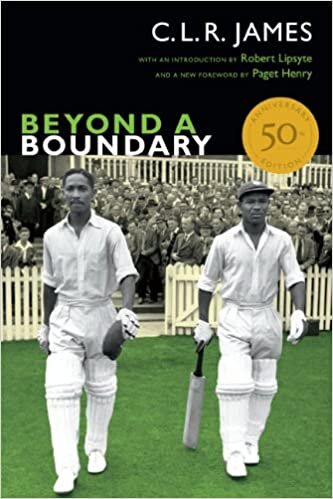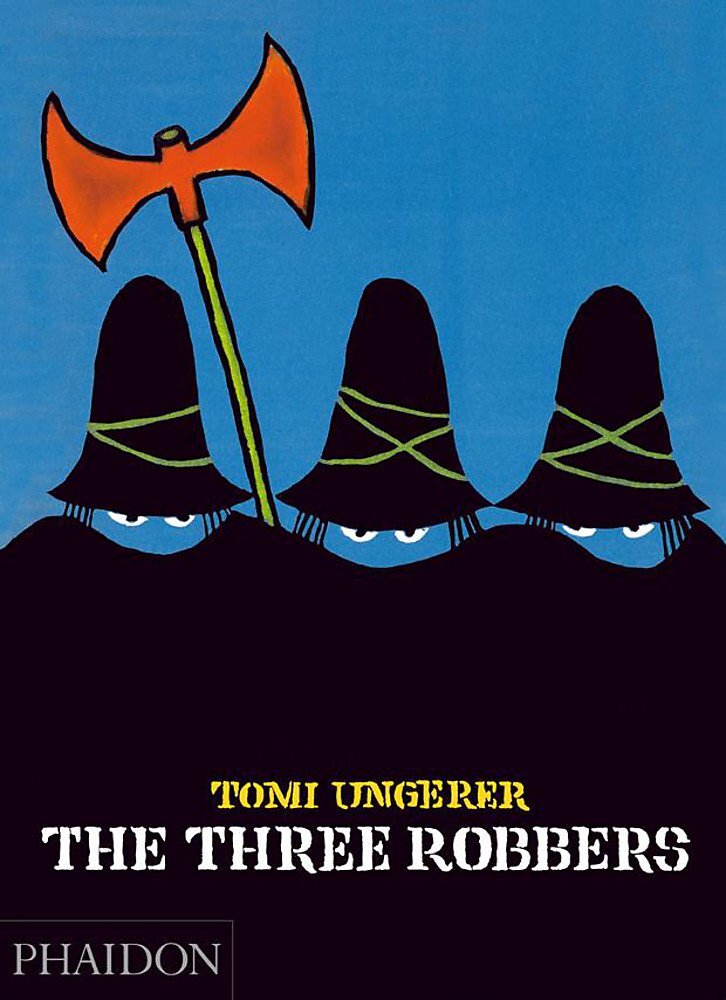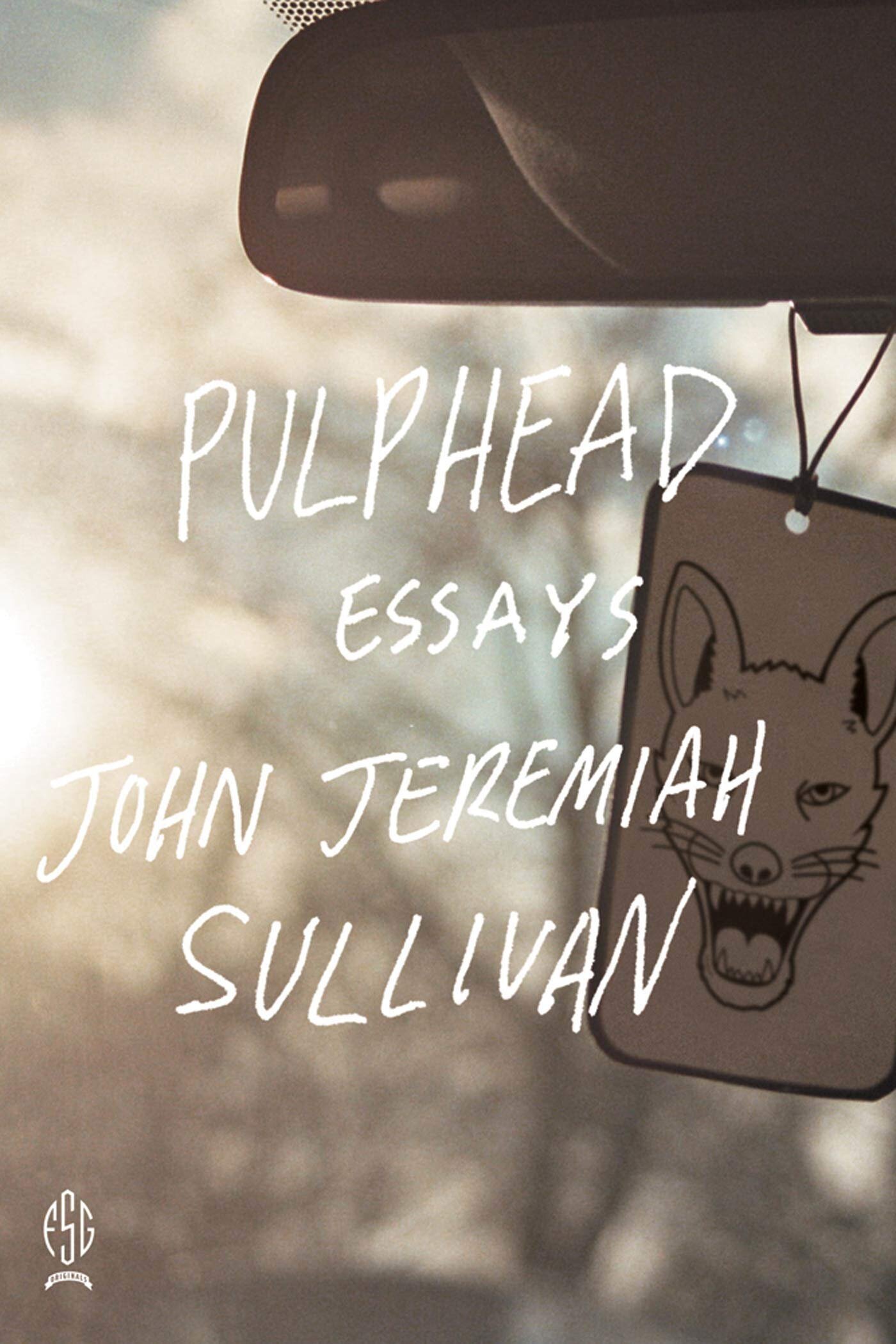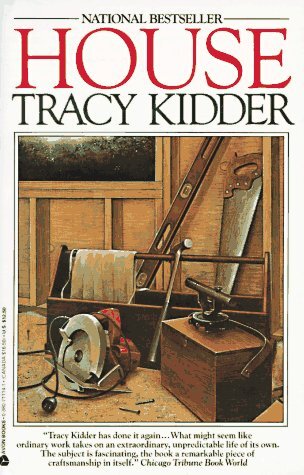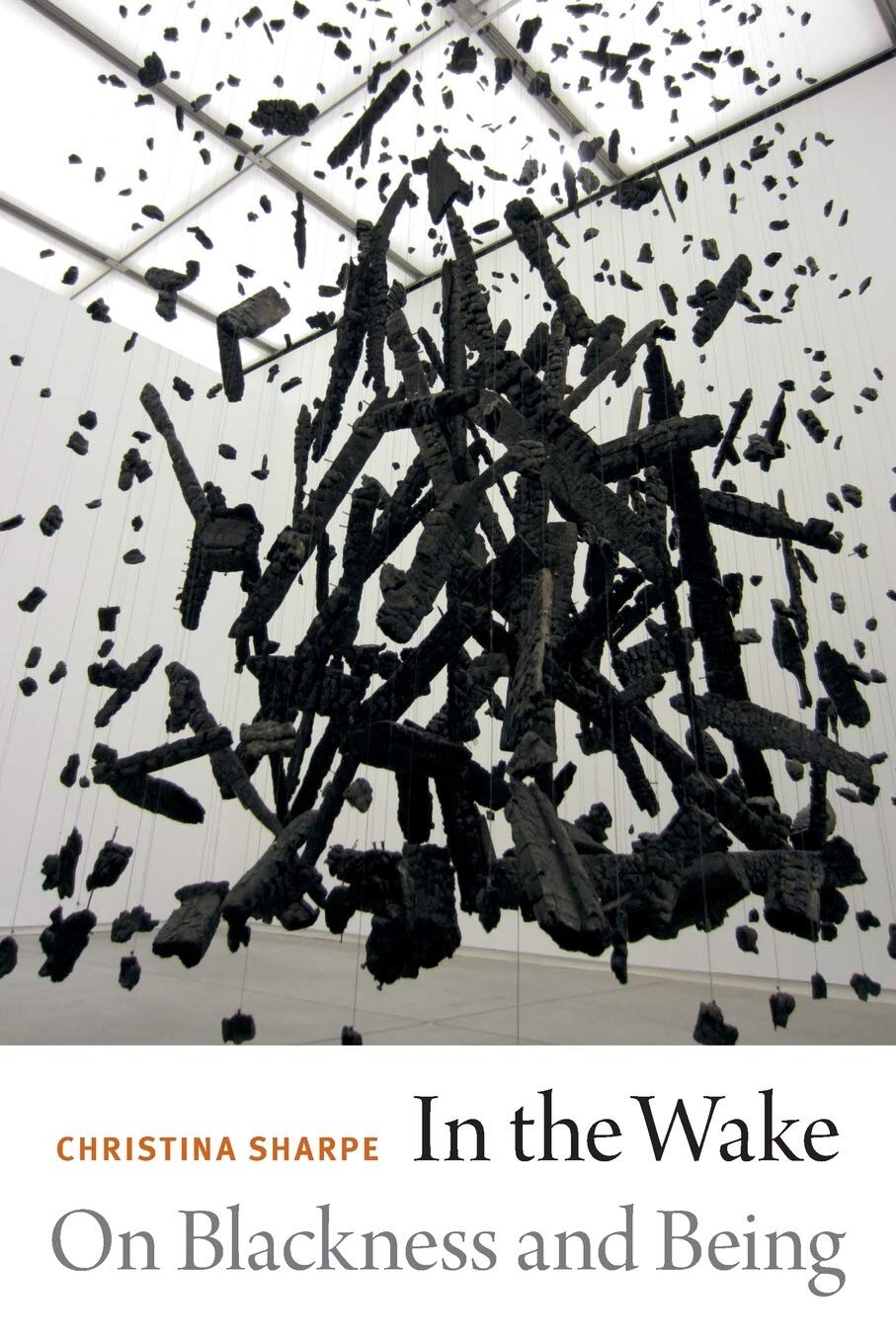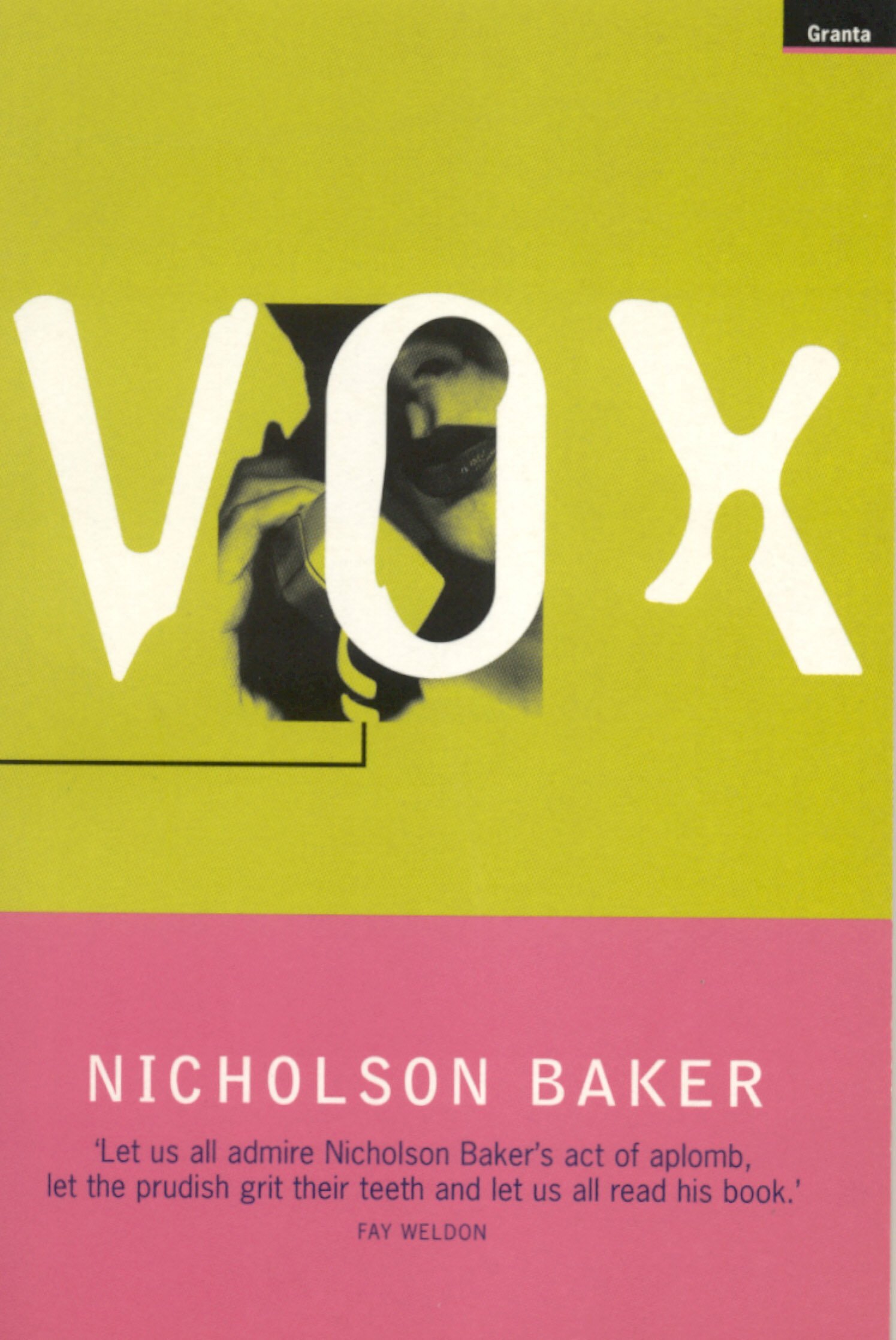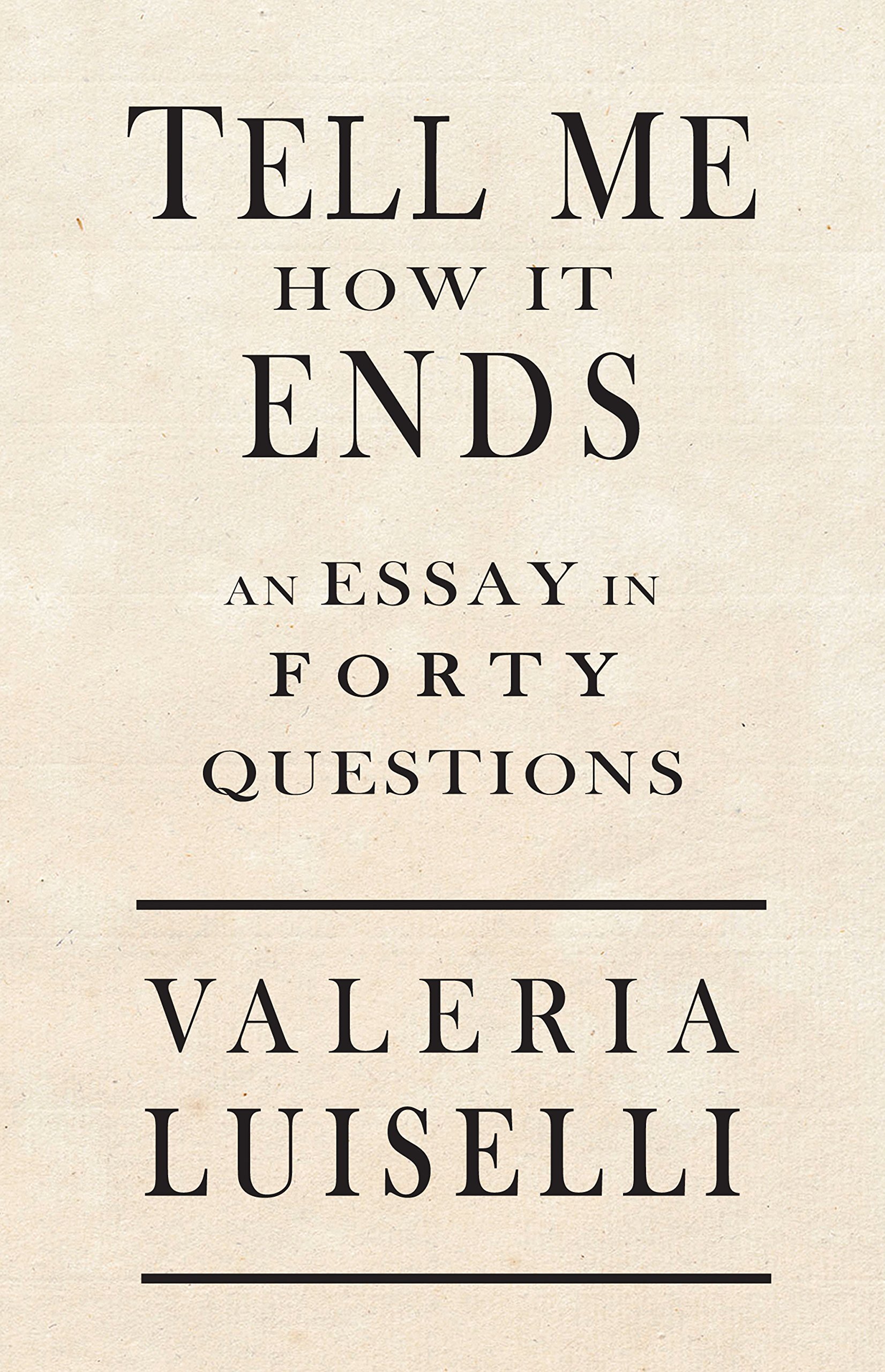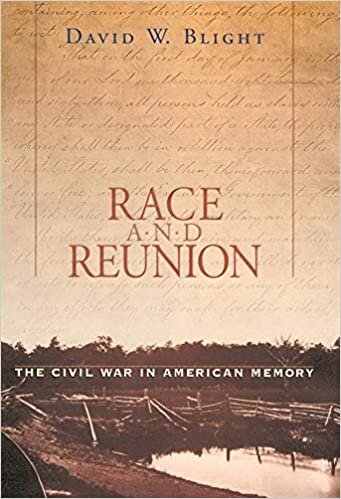10 Books I’m Ashamed We Haven’t Sold More Of
The following list is curated by Greg Kornbluh, owner and operator of Downbound Books.
Staff Picks sections are the best things most bookstores have going. It’s how you learn the tastes of the booksellers, and it’s also a great way to discover books that wouldn’t otherwise catch a spotlight. But, so far we haven’t really done them at Downbound. We’re small – a small space, a small team – and we put enough care into curation that we generally hope that everything in the shop can have the feel of having been hand-picked.
But it does mean that we don’t have a great means of highlighting older or odder books that we find especially dear. This list collects some of mine. They’re not my ten favorite books, no desert island dreams. Most of them aren’t for everyone. It’s just an alphabetically-ordered collection of ten beloved books that seem not to sell themselves, and by which I wish I’d done better.
Vox, Nicholson Baker
Baker’s early microfiction is just so good! Mezzanine is another favorite, but Vox – his early 90s ode to phone sex – is fast and filthy and hilarious and just a pleasure in full. He returned to raunch twenty years later with House of Holes, and if you found that book completely unreadable you weren’t wrong. But don’t let that be a deterrent! If there is a time and a place for Vox it is lonely ass pandemic America.
Race and Reunion: The Civil War in American Memory, David Blight
David Blight’s career arc is pretty amazing: from high school teacher, to trained scholar, to award-winning academic historian, to mainstream biographer and op-ed page mainstay. I was fortunate to cross paths with him while working in publishing, and I can say that he’s a genuinely kind man and as compelling one-on-one as in a packed hall. Race and Reunion is a canonical study of how a country rewrites the story of its past, in ways intentional and unforeseen, immediate and gradual. As our country has now somehow made a debate of how to process and proceed from the hideous Trump years and their crowning insurrection, Race and Reunion is a dayglo flag of caution against the urge towards reconciliation for its own sake.
Beyond a Boundary, CLR James
If anything screams “handsell,” it’s a fifty-year-old book on cricket by a Trinidadian Marxist. But if you enjoy reading about sport and are curious about its role in culture and politics, whew. This is it.
House, Tracy Kidder
Narrative works on construction, particularly carpentry, are a favorite of mine, and I know there are many, many other folks living at that spot where lives of building and of reading overlap. Now, Tracy Kidder doesn’t need any boost from Downbound – I’m pretty sure this is the only book of his we’ve ever stocked, and it’s certainly the only one I’ve read – but if you’ve ever built a house or had one built then House, which follows a new home’s design and construction from start to finish, is pure catnip. And, bonus, it’s now old enough (originally published in ’85) that it doubles as a time capsule for younger tradespeople who didn’t know a time before pneumatic everything.
Tell Me How It Ends: An Essay in 40 Questions, Valeria Luiselli
Okay, of everything on this list, this is the one we’ve sold most frequently, largely because we were able to get it into the hands of folks who read Luiselli’s subsequent novel, Lost Children Archive. She’s a Mexican writer living in the US, and this book recounts the time she spent volunteering in NYC’s immigration courts, helping unaccompanied minors to complete a questionnaire that would determine their treatment. It’s the rare book that I really think everyone should read; even those all too intimately familiar with the depredations of our broken immigration system will find it formally engaging and emotionally compelling.
The Survival of the Bark Canoe, John McPhee
Honestly, I could’ve thrown a bunch of different McPhees in here, because I’m legit confused about how little of his work we sell. Maybe everyone’s already read enough of him? I can’t claim to be a completist myself. But we sell a ton of nature writing, and to my mind McPhee’s still the best. I just don’t know a better writer of non-fiction. I’ve sat enthralled through algebraic analysis of how his work is structured, and in recent years he’s shifted his focus more to discussions of craft. But for just pure, clear prose, he can’t be beat.
Israel/Palestine and the Queer International, Sarah Schulman
Schulman has had a long and varied career, writing fiction, sociopolitical thought romps, movement histories, screenplays, and more. She’s been a prominent activist all along, especially around AIDS (her long-awaited history of ACT UP is coming this Spring), and what I particularly value about Israel/Palestine is how it shows a leading voice in one fight for justice humbled in her introduction to another. There’s a tendency to assume a sort of blanket wokeness amongst people known for their advocacy, and backlash can be so swift and sharp when they disappoint that it’s maybe hard to fault those who pose. But here we see Schulman coming to the question of Palestine with a pure naiveté that’s quickly replaced by a dedication to understanding and addressing the issues, and her documentation of that work is also one of the best depictions of movement-building I know.
In the Wake: On Blackness and Being, Christina Sharpe
Sharpe’s organizing concept of the “wake” is a brilliant layering: the disturbed water behind a slave ship, the vigil after death, the arousing of consciousness. She brings history, art, literature, and other forms of documentation together to create a piercing and painful and somehow beautiful study of how death haunts Black life in America. It’s a challenging book, both intellectually and emotionally, but for anyone who spent this past year reading about race and found themselves wanting to go and feel deeper, it’s worth the work.
Pulphead: Essays, John Jeremiah Sullivan
Sullivan is part critic and part historian, a general spelunker of American culture whose essays I admire greatly. There are shades of Greil Marcus, but without that off-putting stance of always already knowing it all; with Sullivan, you often get to feel as if you’re learning with him, not just from him. Pulphead collects some of his finest work, including a riff on Axl Rose’s signature swish that will stay with me always.
The Three Robbers, Tomi Ungerer
This story of fierce robbers who become guardians to orphaned children is one of my very favorite childhood picture books, and, like much of Ungerer’s work, so very different from anything being published for kids now. I have been eager to share this book for a long time – it featured in one of our earliest social media posts back when I was building out the shop – but in this case the shame is Phaidon’s! They hold the rights and returned the book to print about fifteen years ago, but have since let it disappear again. Let those gorgeous cookbooks chill for a minute and give the robbers some time on press, please!
Have you read any of these titles? Support Downbound by ordering them through their online shop today!

